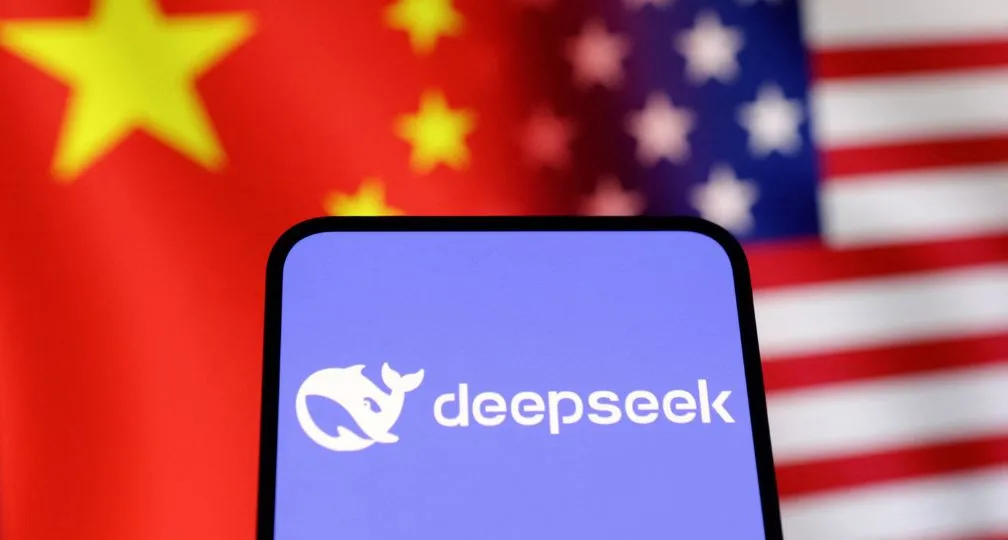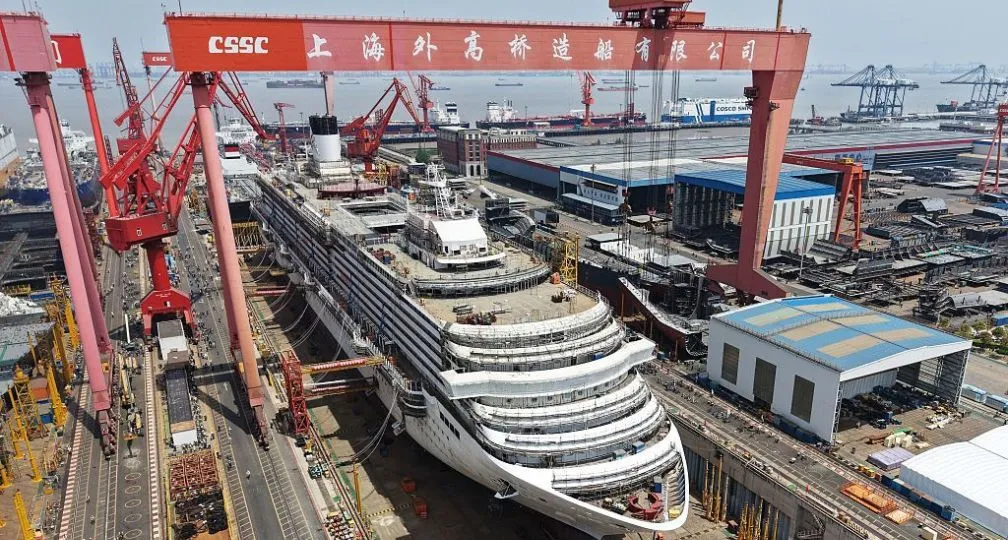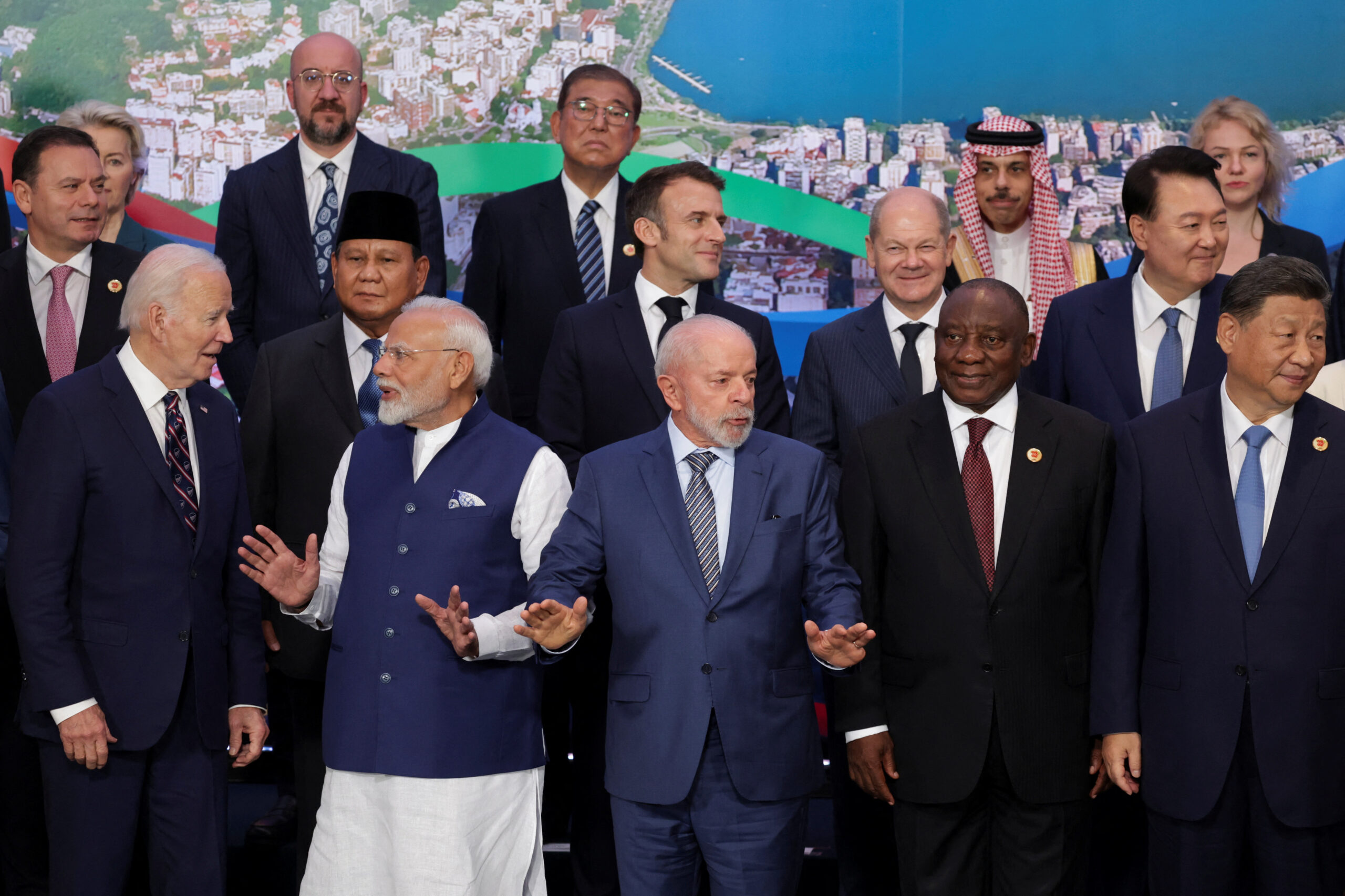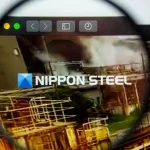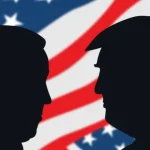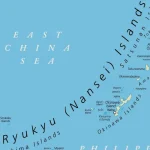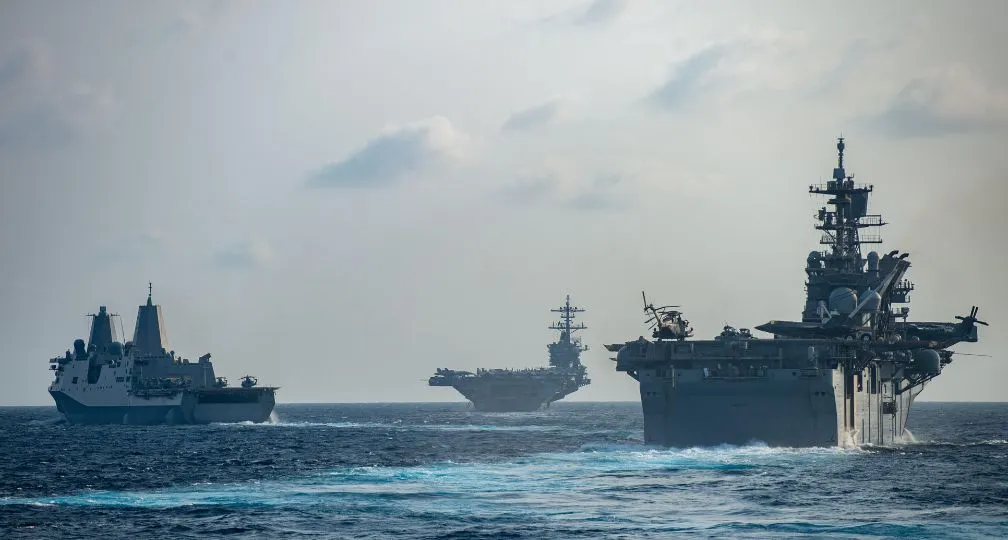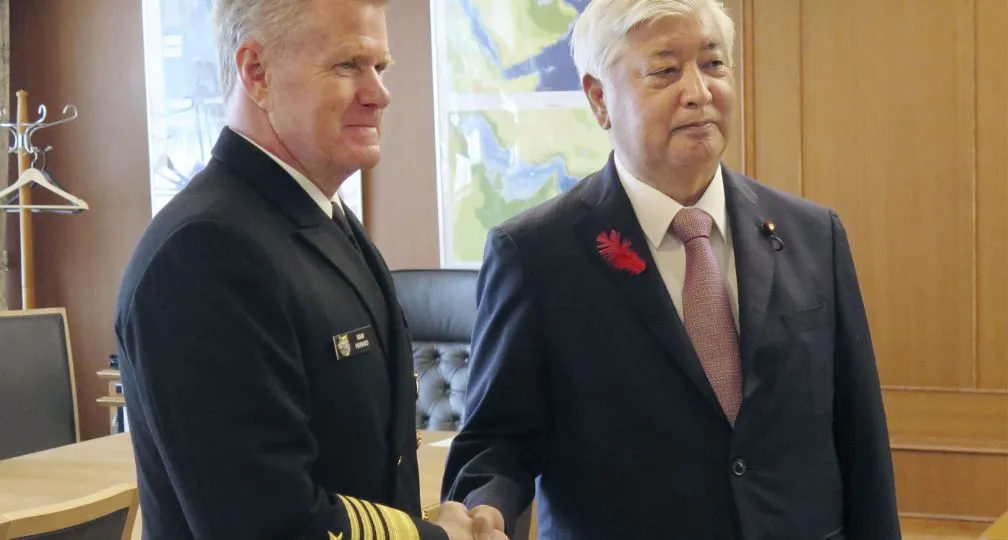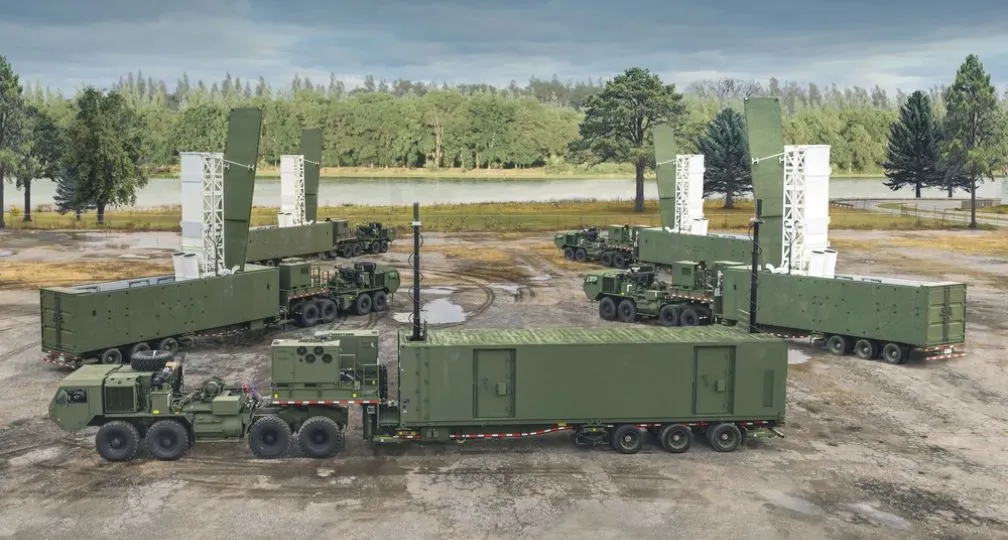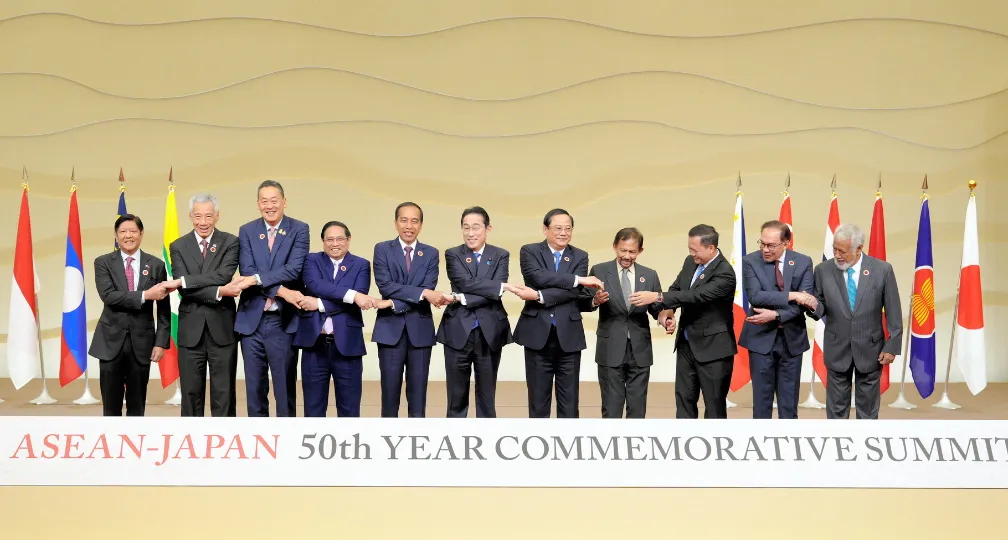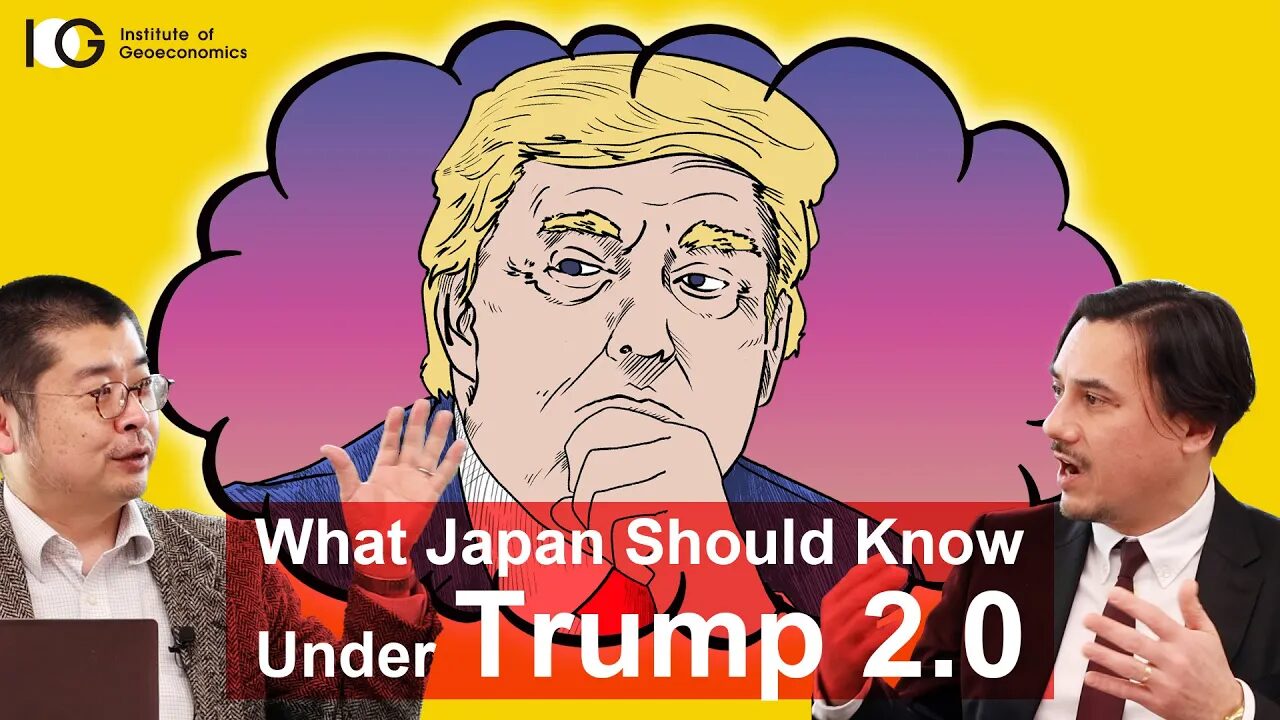Volodymyr Zelenskyy: From a weak anti-war leader to a symbol of the fight for liberation
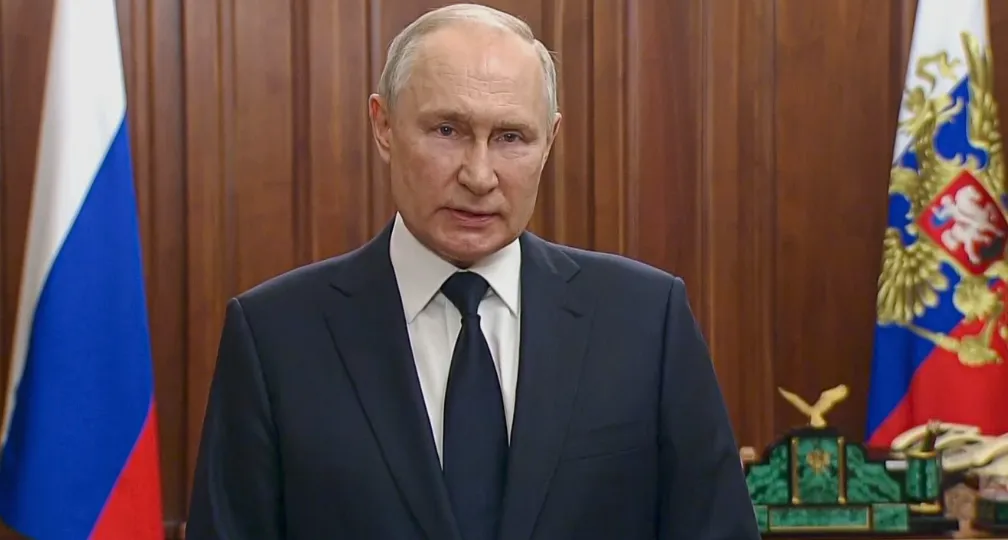
Research fellow, the International Center for Defense and Security in Estonia」
Russian President Vladimir Putin’s strategic goals regarding Ukraine have consistently been putting the country within Moscow’s sphere of influence — in other words, making it a vassal state of the Kremlin.
Since 2013, after Ukraine’s approaches to the European Union became prominent, Russia has been working to pursue its goals through a variety of combinations of military and nonmilitary means.
In that sense, Russia’s military occupation of the Donbas region of Ukraine, including the provinces of Donetsk and Luhansk, since 2014 is a tool but not a goal in any way.
Putin attempted to achieve his strategic goals by embedding the people’s republics set up in those provinces — Russia’s puppet entities — into Ukraine’s state regime and making them exercise their veto power to Kyiv’s aspirations for joining the European Union and NATO.
Meanwhile, in Ukraine, Volodymyr Zelenskyy, who was pushing for a peace settlement to end the war in the Donbas region, became president in 2019.
This article will look back at the little known shifts in the Zelenskyy administration’s Russia policy leading up to Moscow’s full-scale invasion, and the penetration of Russian intelligence in Ukraine’s counterintelligence agency, and will discuss the implications of a change in leadership through democratic elections on a country confronted with a war of aggression.
Infiltration of Russian intelligence
Russia’s full-scale invasion since February last year is said to be a conventional war of tanks and missiles.
However, the most pivotal operation in the war included covert political maneuvering. Russian forces seized the Hostomel airport in the suburbs of Kyiv at the beginning of the war, with a plan to let its airborne troops attack the government headquarters in Kyiv for the 5th Service of Russia’s Federal Security Service (FSB) to install a puppet regime there.
Nevertheless, the FSB underestimated Ukraine’s resistance. The operation was met with fierce counterattacks and failed.
After this defeat, Russia quickly withdrew its troops from northern Ukraine, including Kyiv province, and its “special military operation” shifted to a war to capture territories and enable Putin to save face domestically.
On the other hand, southern Ukraine, which has now become a major stage for Ukraine’s counteroffensive, has seen different developments.
Kherson province, which borders Crimea — illegally annexed by Russia in 2014 — fell to Russian forces with little military resistance.
There were not only many collaborators in the province who worked with the Russian military and the occupation authorities, but also several Russian agents infiltrating the Security Service of Ukraine (SBU).
In October 2020, Zelenskyy appointed Oleh Kulinich to head the SBU’s Crimea Main Directorate. The Directorate is based in Kherson and its head holds a pivotal position in summing up information coming from SBU agents’ networks operating in Russia-controlled Crimea.
However, Kulinich was dismissed from the post immediately after Russia’s invasion was launched in February last year, and Ukrainian authorities announced in July that he had been arrested on suspicion of treason. He was alleged to have been a spy working for the 5th Service of the FSB.
According to an indictment sent to a senior officer of the 5th Service of the FSB in charge of Ukraine and released by Ukraine’s State Bureau of Investigation, Kulinich was informed on Feb. 24, 2022, at 1:03 a.m. about Russian forces in the Crimean Peninsula launching an invasion into Kherson three hours later, but did not forward the information to SBU headquarters.
His actions are said to have affected Ukraine’s initial response and put the Russian troops at an advantage.
Kulinich was also scheming to appoint Andriy Naumov, former head of the SBU’s Main Directorate of Internal Security who fled Ukraine a few hours before the full-scale invasion began, as the SBU’s first deputy head.
Appointing friends
In July last year, when Kulinich’s arrest was announced, the SBU’s head, Ivan Bakanov ,who held a key role in the appointment of Kulinich, was removed from his duties by a decree signed by Zelenskyy and was dismissed by the parliament.
Bakanov’s dismissal was based on Article 47 of the Disciplinary Statute of the Armed Forces of Ukraine, which envisages a “failure to perform service duties, which led to human casualties or other grave consequences, or created a threat of such consequences.”
Infiltration operations into the SBU’s leadership through Kulinich began after Zelenskyy became president in May 2019 and appointed Bakanov, his childhood friend and former show business partner, as the SBU’s acting head. Zelenskyy had to pay a high price for appointing the “right person” to a key government post for national security.
Zelenskyy, who has been dubbed by some as a “Churchill of the 21st century,” has gone through ups and downs.
Before the presidential election in the spring of 2019, Russia’s illegal annexation of Crimea and aggression in eastern Ukraine resulted in the deaths of more than 13,000 people, including civilians, and 1.5 million people displaced in the country.
In an interview prior to announcing his candidacy for president, Zelenskyy commented on territories occupied by Russia, saying his top priority was to save human lives, dismissing any military options. He stressed that it was necessary first of all to “stop shooting” so that nobody else died.
Asked about his concrete approach to conducting negotiations with Putin, he said that if both sides presented their demands, there would be a possible point of compromise “somewhere in the middle.”
Zelenskyy, who played the role of Ukraine’s president in a hit TV show, campaigned against political corruption and went on to win the presidential election by a landslide, taking 73% of the votes by winning the support of those fatigued by the conflict in eastern Ukraine, which had entered its fifth year, and who were gradually regaining sympathy for Russia.
Then-President Petro Poroshenko, who made clear his hard-line stance toward Putin under the campaign slogan “army, language, faith,” was defeated, gaining only 24% of the votes.
In the parliamentary elections that followed, Servant of the People — a political party named after Zelenskyy’s hit TV series to capitalize on its popularity — won a majority, the first party to do so in the history of post-Soviet Ukraine, sending a large number of rookie politicians to the parliament.
Zelenskyy had been fighting not against Putin, but against the Poroshenko administration, which he suspected was making profits from war.
He criticized Poroshenko by ridiculing his campaign slogans: “To steal from the army, to selectively split people by language, so that there will be no faith in you.”
Putin controlling Zelenskyy
Zelenskyy was at first a weak supreme commander who could not accept the loss of Ukrainian soldiers.
He has said that as he receives reports from the general staff headquarters every morning, his heart breaks when he finds the number of victims in the previous day was not zero. For Putin, who is skilled at “working with people” as a former KGB operative, it is a piece of cake to guide an emotional target in the right direction.
As violence escalated across the contact line in the Donbas region resulting in more deaths of Ukrainian soldiers, the situation became psychologically unbearable for Zelenskyy, prompting him to make a phone call to Putin.
Putin lured Zelenskyy into negotiations on the Donbas region’s “autonomy,” telling him that it had been impossible to hold a meeting with his predecessor.
Zelenskyy placed top priority on negotiating directly — or, as he said, “looking into each other’s eyes” — with Putin to end the conflict, and therefore carefully avoided pinpointing Russia even if it had violated ceasefire arrangements and international humanitarian law by shelling a Ukrainian medical vehicle.
Feeling uplifted by the successful swap of prisoners with Russia in September 2019, Zelenskyy was further dragged into agreeing on the so-called “Steinmeier Formula,” which obfuscated the withdrawal of the Russian armed forces before purported local elections in Donbas. These compromises led to a long-awaited meeting of the leaders of Ukraine, Russia, France and Germany held in Paris in December that year under the so-called Normandy Format dedicated to resolving the conflict in eastern Ukraine.
However, the meeting didn’t produce any breakthrough as there was a wide gap between Ukraine standing pat on protecting its sovereignty and territorial integrity and Putin who was seeking to limit Ukraine’s sovereignty, in effect, while euphemistically calling for the “autonomy” of Donbas.
Still, Zelenskyy continued to work for a peace deal in Donbas.
In July 2020, a special operation aimed at arresting Wagner mercenaries, conducted by the Main Intelligence Directorate of the Ministry of Defense of Ukraine and the SBU after years of preparation, failed as the plan became known after it was postponed for a week over fear among Zelenskyy’s aides that it could have a negative impact on peace negotiations with Russia.
The negotiations ended in stalemate and Zelenskyy’s Russia policy grew more similar to his predecessor’s.
And in February last year, after witnessing Russia’s attempt to topple his government, Zelenskyy finally became sure that Putin’s aim was not a peaceful resolution to the conflict in Donbas but the subordination of Ukraine as a whole to Moscow.
On the other hand, Putin’s miscalculation was that Zelenskyy, whom he had regarded as a weak leader, chose to remain in Kyiv, called on his people to defend their country and asked Western countries to provide weapons.
Elections
In Russia, there will be a presidential election — largely a formality — in March next year.
The presidential office is considering several scenarios on the premise that Putin will run in the election, and is expected to test its slogans for the domestic audience during regional elections scheduled for September.
Following the aborted rebellion by Wagner chief Yevgeny Prigozhin, the Kremlin is likely to further strengthen control within Russia and call for unity in the country, stressing that a civil war should never be allowed.
On May 29, Putin signed a law allowing regional “elections” to be held even during wartime in the four Ukrainian provinces of Kherson, Zaporizhzhia, Donetsk, and Luhansk that Moscow illegally claims to have annexed in September.
Meanwhile, Ukraine will have to extend martial law and postpone its October parliamentary election.
Whether Kyiv can conduct the presidential election in March also depends on how Ukraine’s counteroffensive will turn out.
As public opinion polls show high popularity for Zelenskyy, he is highly likely to be re-elected if he runs again.
However, the big difference from the situation in 2019 is that Zelenskyy is no longer an anti-war leader but a symbol of a war to liberate Ukraine’s territories — a war supported by more than 80% of the Ukrainian people.
On the other hand, the most sensitive points of contention at the election will be whether the Zelenskyy administration had been well prepared for Russia’s full-scale invasion, including its accountability for unwittingly assigning Russian collaborators to major posts in the security service.
Since February last year, Ukraine’s opposition parties have been refraining from criticizing Zelenskyy in view of maintaining the wartime unity of the nation, but they will likely start criticizing him again if election campaigning is launched.
Moscow will also try to intervene in the elections by fanning the opposition parties’ criticism of Zelenskyy and people’s feeling of discontent relating to the prolonged war.
The key issues for Zelenskyy’s second term, which could come after the counteroffensive, would be whether he can further strengthen the country’s defense capabilities and make the anti-corruption institution fully functional. For the postwar reconstruction of Ukraine, he needs to build a team of true professionals by incorporating the 24% who aptly criticized his Russia policy in 2019.
Lessons from the first term of his presidency must be learned.
(Photo Credit: Russian Presidential Press Service/AP/アフロ)

Geoeconomic Briefing
Geoeconomic Briefing is a series featuring researchers at the IOG focused on Japan’s challenges in that field. It also provides analyses of the state of the world and trade risks, as well as technological and industrial structures (Editor-in-chief: Dr. Kazuto Suzuki, Director, Institute of Geoeconomics (IOG); Professor, The University of Tokyo).
Disclaimer: The opinions expressed in Geoeconomic Briefing do not necessarily reflect those of the International House of Japan, Asia Pacific Initiative (API), the Institute of Geoeconomics (IOG) or any other organizations to which the author belongs.
 The Lessons of the Nippon Steel Saga2025.07.08
The Lessons of the Nippon Steel Saga2025.07.08 From dollar hegemony to currency multipolarity?2025.06.25
From dollar hegemony to currency multipolarity?2025.06.25 The Big Continuity in Trump’s International Economic Policy2025.06.11
The Big Continuity in Trump’s International Economic Policy2025.06.11 India’s Strategic Autonomy in a Trumpian World2025.07.11
India’s Strategic Autonomy in a Trumpian World2025.07.11 The Tyranny of Geography: Okinawa in the era of great power competition2024.02.09
The Tyranny of Geography: Okinawa in the era of great power competition2024.02.09




